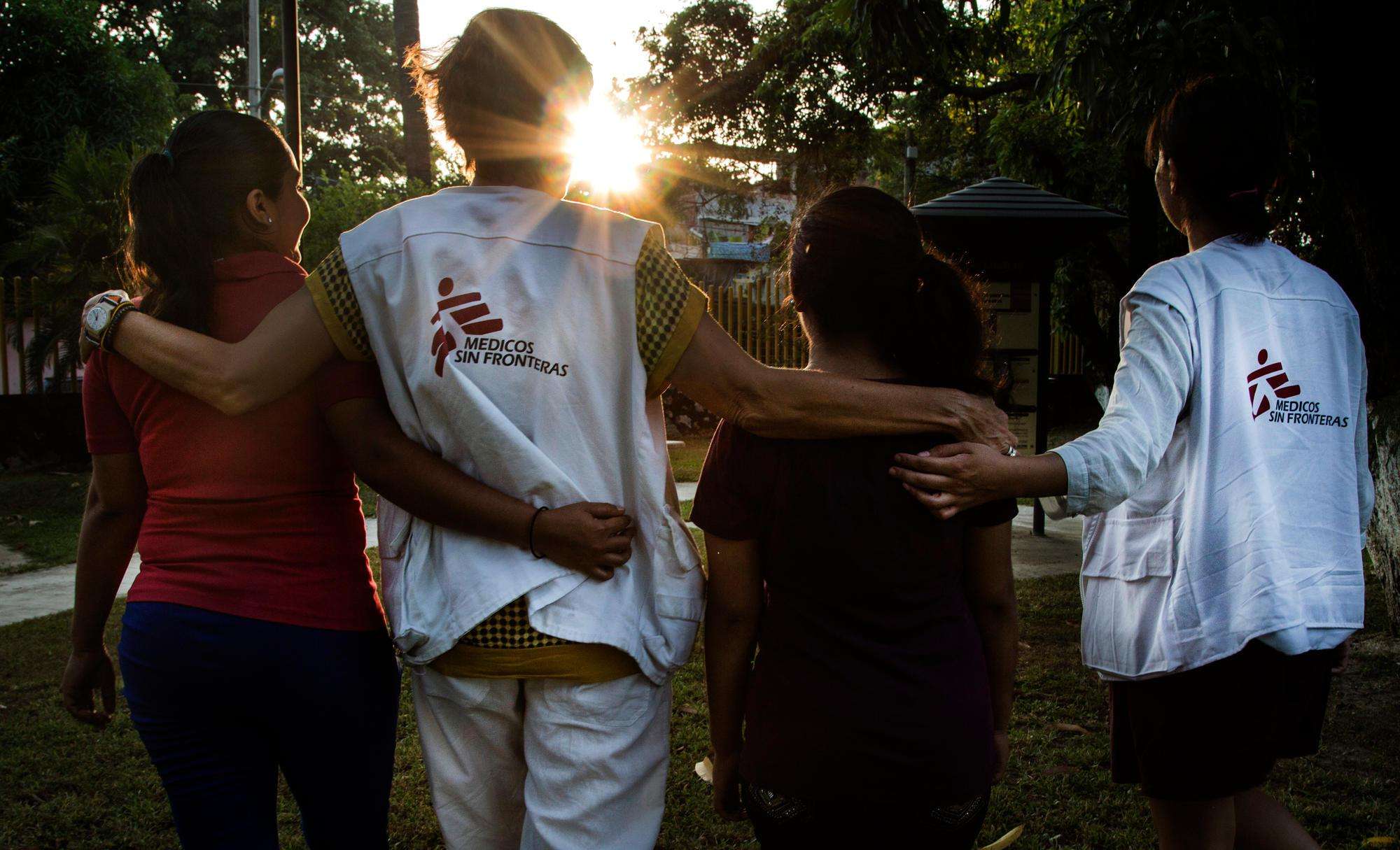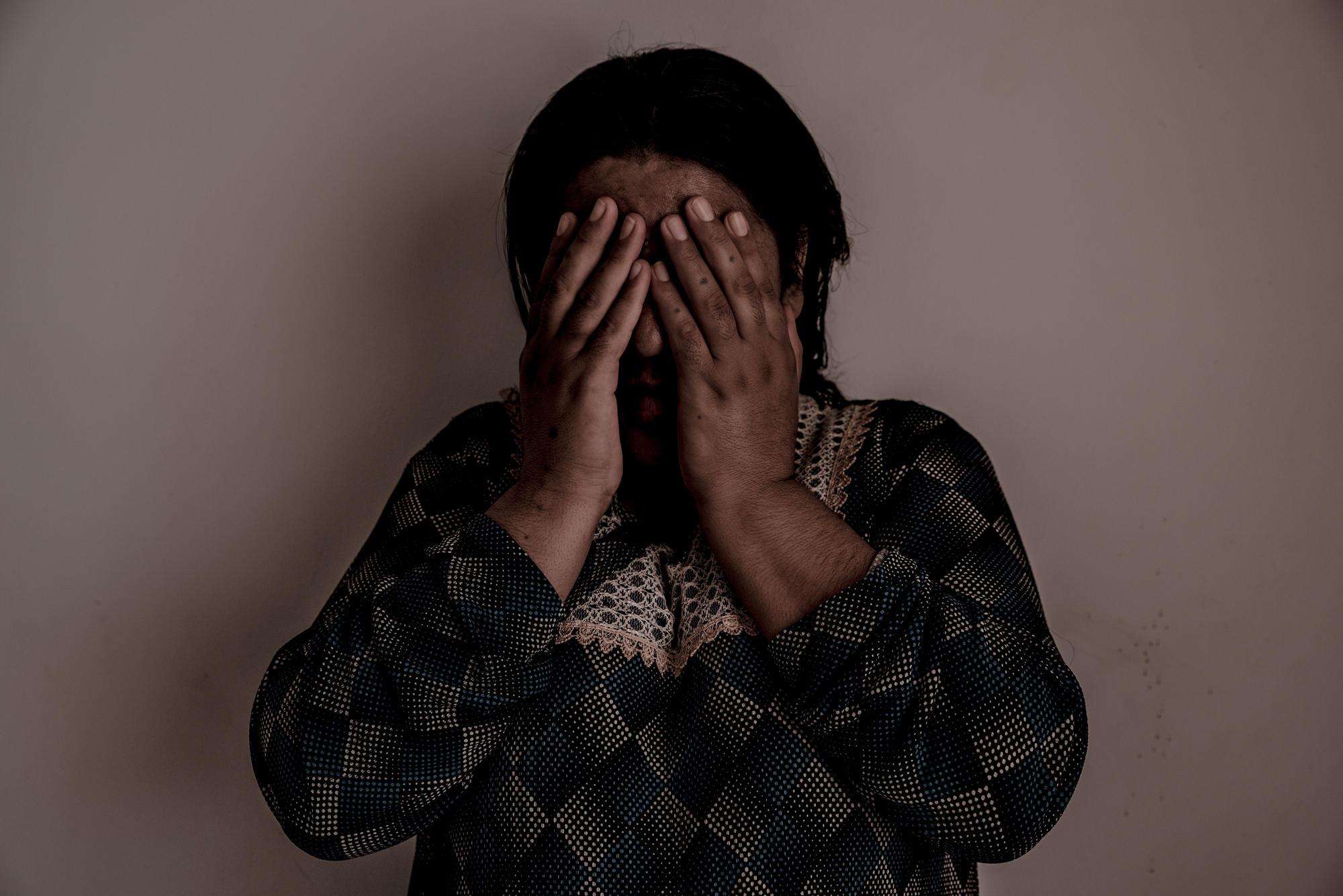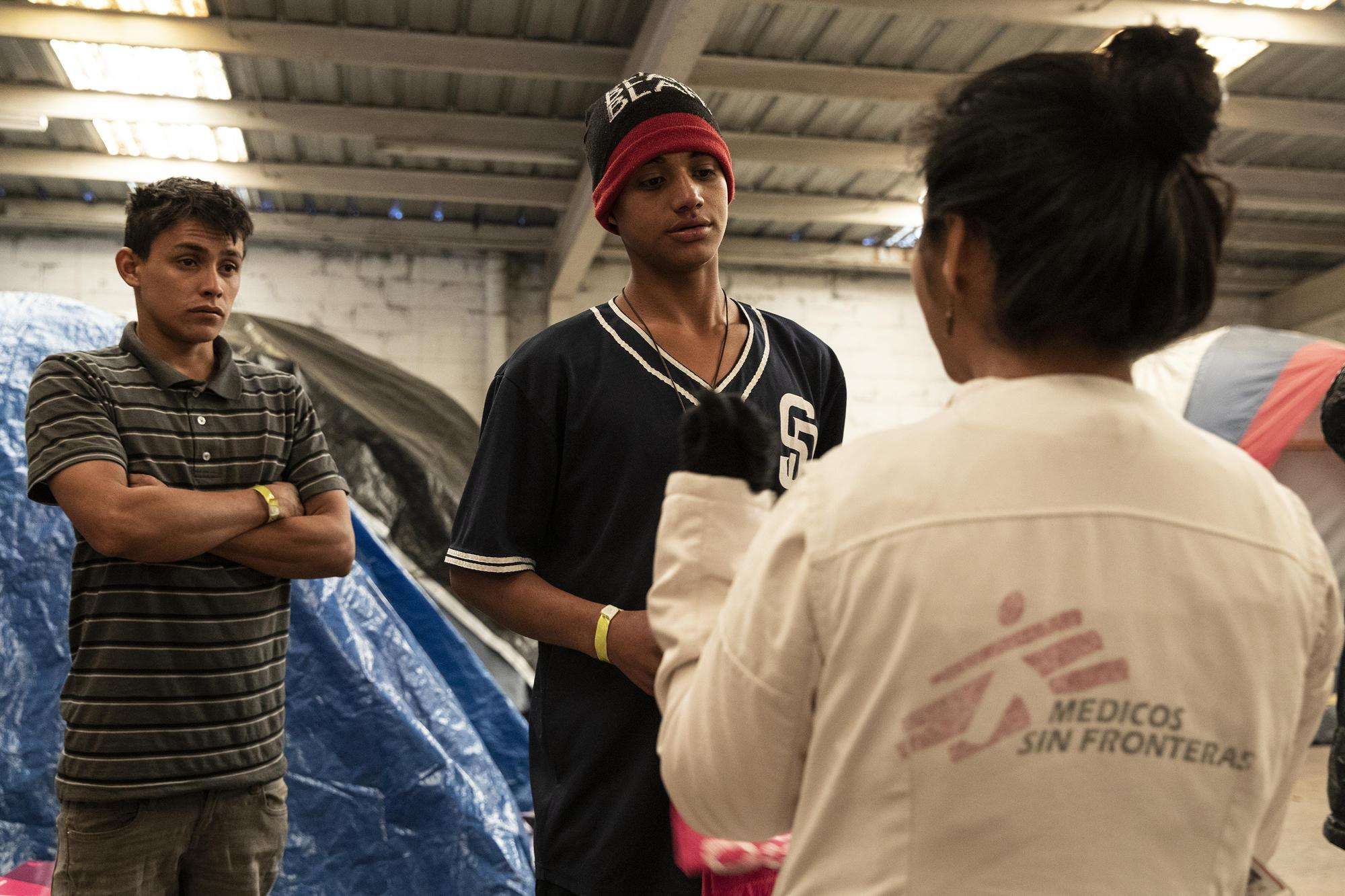As Doctors Without Borders/Médecins Sans Frontières (MSF) teams mark World Mental Health Day on October 10, we are highlighting the enormous mental health needs of people living in conflict and crisis situations. This year, we feature stories from our patients and staff in Iraq, the occupied Palestinian Territories, and Mexico.
People seek help for many reasons—the agonizing loss of a child in an earthquake, the trauma of sexual violence, getting caught up in a violent conflict. MSF mental health workers listen to their stories, and help them find ways to cope and move on with their lives. Setting up mental health care programs in emergency situations is not straightforward, especially when violence and trauma are ongoing, and therefore no "cure" is possible. It can also be difficult to guarantee continuity of care in unstable and dangerous settings.
MSF began implementing mental health and psychosocial interventions as part of our emergency work in 1998, and continues to expand these programs. Last year, MSF’s mental health teams performed more than 400,000 individual and group counseling sessions worldwide. Because our aid workers themselves often face highly stressful situations, we give them guidance on how to cope. We produced a short video offering some mental health tips that can benefit everyone.









